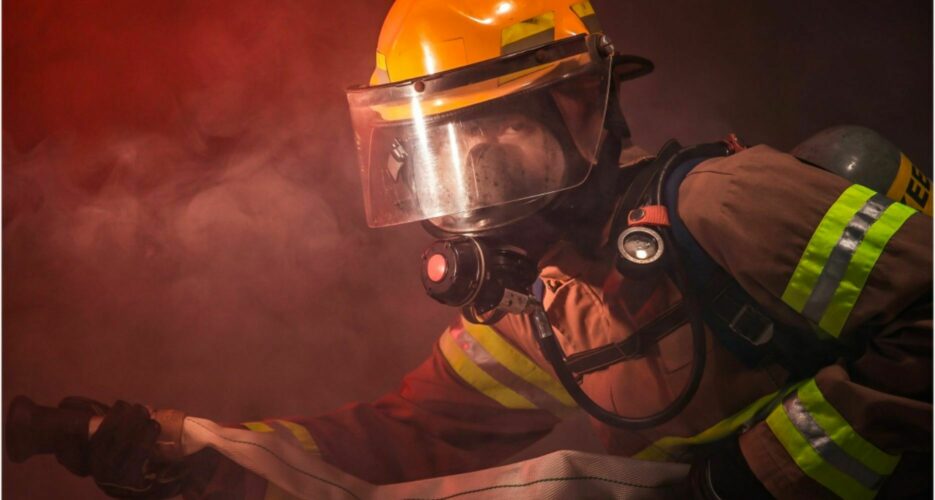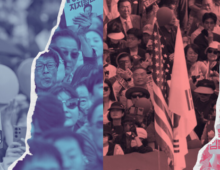Mental health experts advocate enhanced support for first responders amid rising stress and tragic loss of life
In Nov. 2023, South Korean President Yoon Suk-yeol promised to enhance support for the welfare and safety of the nation’s firefighters, including advancements in disaster response. However, the deaths of two firefighters in a Mungyeong meat processing plant fire earlier this month highlighted a persistent challenge: the inadequacy of mental health support for first responders.
The issue of providing sufficient mental health services for firefighters in South Korea is highlighted by recent statistics from the National Fire Agency that show a significant number of firefighters are struggling with stress-related symptoms.
In Nov. 2023, South Korean President Yoon Suk-yeol promised to enhance support for the welfare and safety of the nation’s firefighters, including advancements in disaster response. However, the deaths of two firefighters in a Mungyeong meat processing plant fire earlier this month highlighted a persistent challenge: the inadequacy of mental health support for first responders.
The issue of providing sufficient mental health services for firefighters in South Korea is highlighted by recent statistics from the National Fire Agency that show a significant number of firefighters are struggling with stress-related symptoms.
Get your
KoreaPro
subscription today!
Unlock article access by becoming a KOREA PRO member today!
Unlock your access
to all our features.
Standard Annual plan includes:
-
Receive full archive access, full suite of newsletter products
-
Month in Review via email and the KOREA PRO website
-
Exclusive invites and priority access to member events
-
One year of access to NK News and NK News podcast
There are three plans available:
Lite, Standard and
Premium.
Explore which would be
the best one for you.
Explore membership options
© Korea Risk Group. All rights reserved.
No part of this content may be reproduced, distributed, or used for
commercial purposes without prior written permission from Korea Risk
Group.












